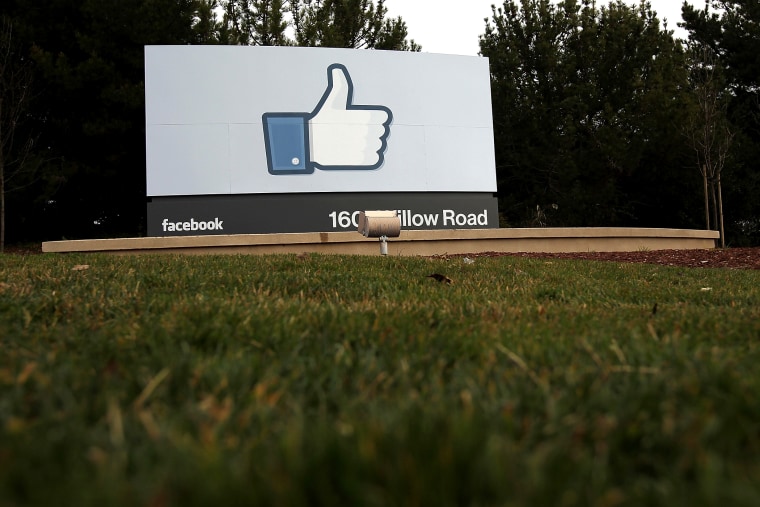Facebook expanded its gender identity options on Thursday, allowing users in the U.S. to choose between “male,” “female,” or “custom” on their basic information pages, as well as between three pronouns--“him,” “her,” or “them”--for announcements on the site’s news feed.
The changes will initially be limited to the company’s estimated 180 million users in the United States, according to the digital agency iStrategyLabs. But users around the world will still have the option of keeping their gender identities private, presumably until the changes take effect worldwide.
"All too often transgender people like myself and other gender nonconforming people are given this binary option, do you want to be male or female?” said Facebook software engineer Brielle Harrison, who worked on the project and is herself undergoing gender transformation, to the Associated Press. "This really changes that, and for the first time I get to go to the site and specify to all the people I know what my gender is."
LGBT advocates were also happy with the announcement.
“Over the past few years, a person's Facebook profile truly has become their online identity, and now Facebook has taken a milestone step to allow countless people to more honestly and accurately represent themselves,” said Human Rights Campaign President Chad Griffin in a statement. “Facebook’s action is one that I hope others heed in supporting individuals’ multifaceted identities."
The changes were launched on the same day that HRC released a report capturing the wide array of terms gender-expansive youth use to describe themselves. Of the 925 respondents, one-third identified as transgender, and two-thirds wrote in their own terms--such as queer, gender-queer, gender fluid and non-binary.
The report also found that less than half of gender-expansive respondents believed they had an adult they could turn to if they felt worried or sad; 5% believed they “definitely” fit in; and 4% could say they were “very happy”--nearly seven times less than their peers.
